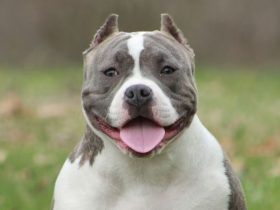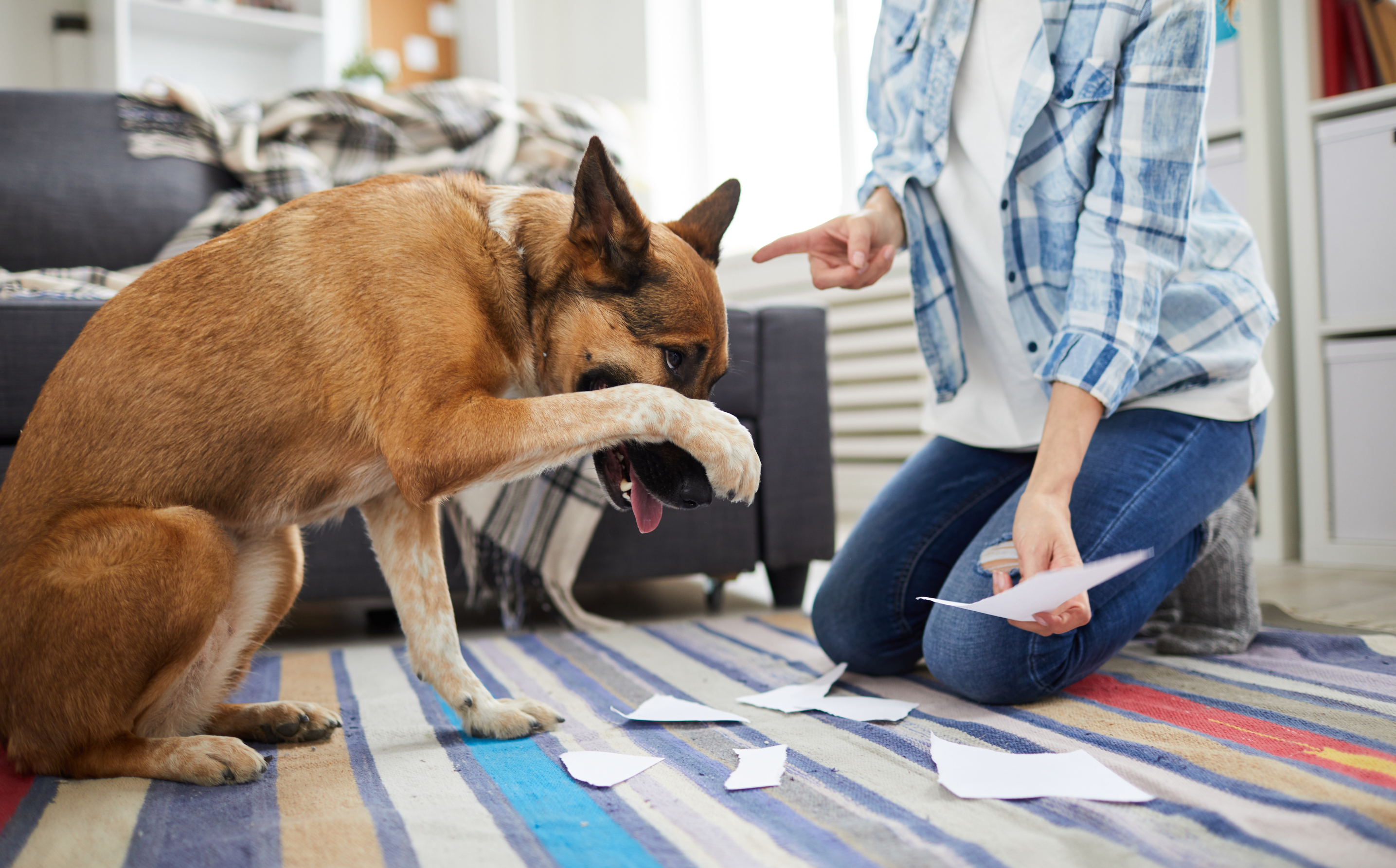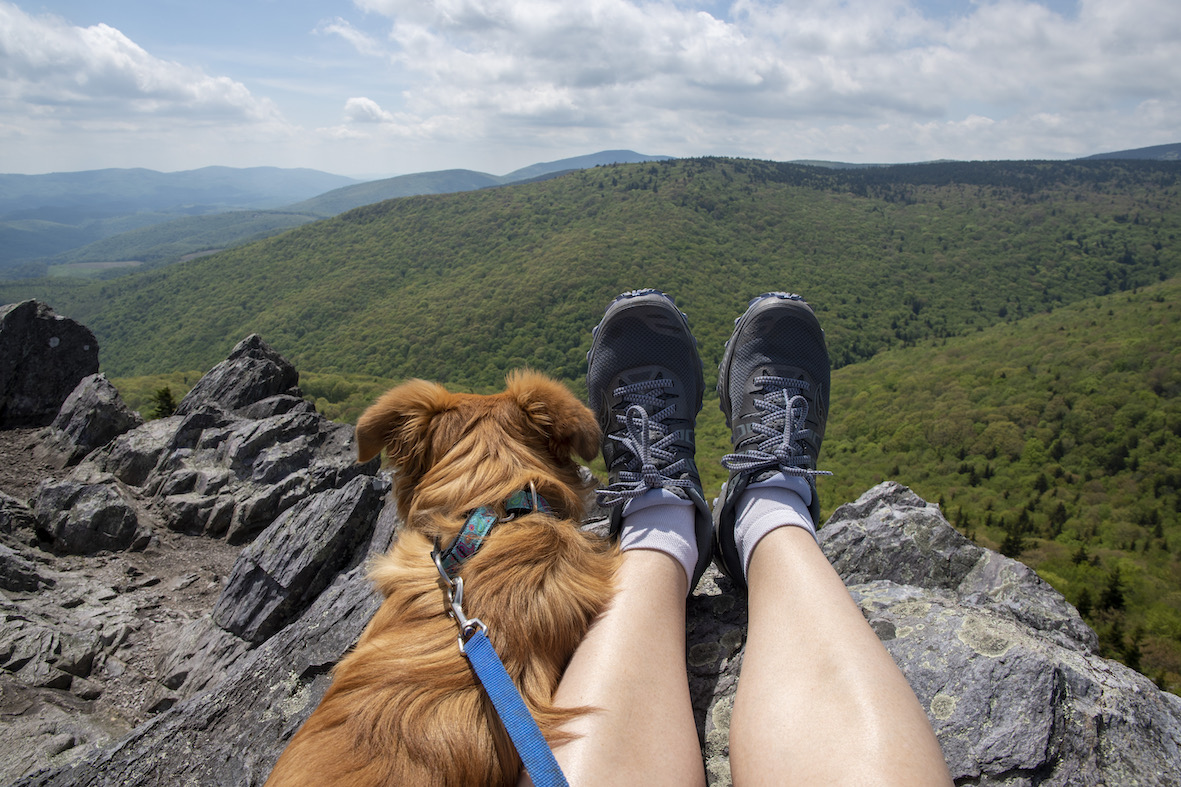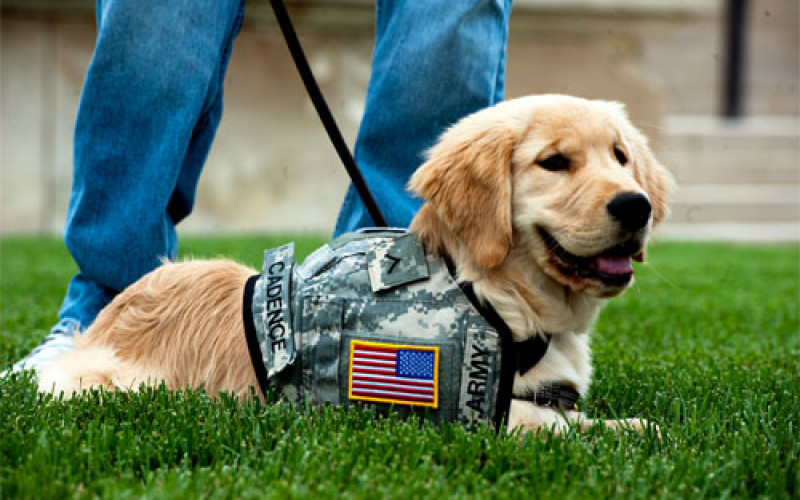Pitbull behavior problems for incredible
Pitbulls are one of the most popular dog breeds globally, and for a good reason – they’re affectionate, playful, and loyal companions. But like any other breed of dog, Pitbulls can have some behavioral problems that need to be addressed. In this article, we’ll explore some common Pitbull behavior problems and how you can deal with them.
What are Pitbull’s behavior problems?
A few common Pitbull behavior problems can be difficult to deal with. These problems usually stem from issues with obedience, aggression, and dominance.
Pitbulls are affectionate dogs by nature but can become possessive and territorial when they feel threatened or insecure. This can lead to aggression towards other animals or humans and destructive Behavior such as chewing furniture or tearing apart curtains.
If you notice that your Pitbull is exhibiting any of these behaviors, it’s important to take action. Many resources are available to help you manage your Pitbull’s behavior problems effectively.
How to Deal With Pitbull Behavior Problems
Pitbulls are often considered one of the most loyal and loving dog breeds, but they can have behavior problems like all dog breeds. Here are some tips on how to deal with common Pitbull behavior problems.
Like any other breed of dog, Pitbulls can become overexcited, anxious, or reactive when they’re feeling threatened or excited. If your Pitbull is displaying these behaviors excessively and you can’t seem to get them under control, there are a few things you can do.
First, try calmly training your Pitbull using positive reinforcement only. This means rewarding them when they display good behavior instead of punishing them for bad behavior. Make sure to set rules and boundaries in your home and be consistent with them so your Pitbull knows what’s expected of them. If this doesn’t work, consider seeking help from a professional trainer specializing in working with Pitbulls.
How to Solve With Pitbull Behavior Problems
Pitbulls are one of the most popular dog breeds globally, but like any other type of dog, they can also have behavioral problems. If you’re dealing with a pit bull exhibiting problematic Behavior, you can do a few things to try to get it under control.
First and foremost, understand that there is no one answer to solving a pit bull’s behavioral issues. What works for one person may not work for another, so don’t be discouraged if your pitbull isn’t responding to your typical methods. Many different techniques can be helpful, and you’ll have to experiment to find what works best for your pet.
Some common Pitbull behaviors that can be problematic include aggression towards people or other animals, overly playful or boisterous, and destructive. If your pet is displaying any of these behaviors excessively, it’s important to take action early on to prevent them from becoming more difficult to handle. Here are a few tips for dealing with aggressive pit bulls:
1) Keep all pets inside when possible – This is probably the most important thing you can do if your pitbull behaves aggressively. If they’re confined indoors, they.
What to do if your Pitbull has a behavior problem
If you have a Pitbull, you know they are some of the most wonderful dogs in the world. However, like any other dog, they can also be prone to behavior problems. This blog section will discuss some of the most common Pitbull behavior problems and what you can do to help prevent them from happening.
One of the most common Pitbull behavior problems is aggression. This can manifest itself in several ways, but one of the most common is when your Pitbull becomes aggressive towards people or other animals. If this is a problem for you and your Pitbull, there are a few things you can do to help:
-Make sure your Pitbull gets plenty of exercise – A tired dog is a peaceful dog! Excessive aggression can often be caused by an overactive dog who isn’t getting enough exercise. If you’re able to give your Pitbull enough exercise, it will help keep them calm and less likely to become aggressive.
Get them obedience trained: This will help with their aggression towards people and teach them some basic manners. If your Pitbull is not obedience trained, it won’t be easy to get them to comply with commands when
How to prevent pitbull behavior problems
Pitbulls are one of the most popular breeds of dogs globally, but they also have a lot of personality and behavior problems. If you have a pit bull, you need to be aware of these problems and learn how to prevent them from happening. Here are some tips:
1. Get your Pit Bull vaccinated against rabies. This is especially important if your Pit Bull is unsupervised outside often.
2. Train your Pit Bull regularly. This will help him to understand basic obedience commands and avoid unwanted behaviors. You can use positive reinforcement to encourage good Behavior and use force only as a last resort.
3. Socialize your Pit Bull appropriately. This means exposing him to lots of different people, animals, and environments to learn how to behave politely around others. Try going on walks with a friend or family member who has a different type of dog so that your Pit Bull can get used to being around other people and animals.
4. muzzle your Pit Bull when he’s not allowed inside or when he’s in public. This will help keep him from biting people or other animals, and it will also keep him from making loud noises that could scare
Conclusion
If you’re looking for a Pitbull that behaves impeccably all the time, you’re out of luck. However, if you’re interested in owning a dog with some behavior problems but who is also incredibly loyal and loving, then look no further than the Pitbull breed! Although they may be a little more challenging to manage in terms of their Behavior, these dogs make great family members who will always protect those they love.
❥Recommended for your Pitbull ❥

















Leave a Reply